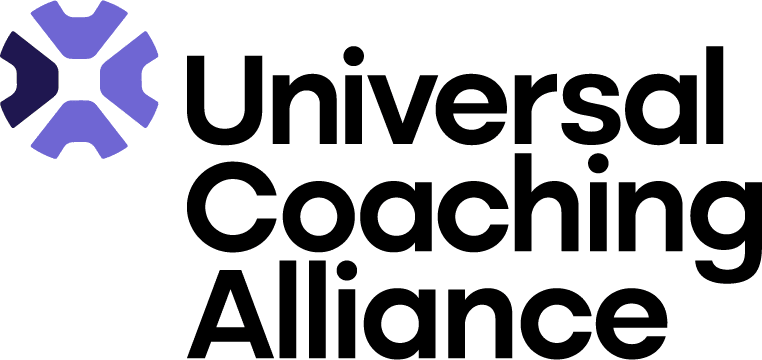How to Recognise a Domestic Abuse Disclosure in your Coaching Session with Guest Speaker - Lisa Cresswell
This is a 2 part online event taking place on 13th November & 15th January 14:00- 15:00 BST
Domestic abuse is rarely spoken of in business environments, but it’s an issue that has cost economies around the world dearly, not to mention the impact it has on individuals.
Globally, domestic abuse affects 1 in 3 women and 1 in 7 men. Far from being a problem only in the home it spills over to workplaces too. 75% of those affected have been targeted at the workplace but only 5% of companies have a policy or plan to manage that.
Given its prevalence and in light of these statistics, it is therefore extremely likely that as a coach you have already been working with someone experiencing domestic abuse, or indeed a perpetrator.
Coaches, in their unique and privileged position as a trusted confidante, are highly likely to receive a disclosure of domestic abuse. As a coach or someone who is starting to build a coaching practice, it’s vital that you are prepared for such a disclosure so that you can respond appropriately.
what's included
- Do you know how to spot the signs?
- Would you know what to do if you did notice something amiss?
- Would you know how to respond if your coachee discloses that they are experiencing domestic abuse?
- Are you aware that you may be part of a critical lifeline in someone’s journey to safety and autonomy?
- Can you imagine the extraordinary impact you could have by responding in the right way?
Watch this video by Lisa Cresswell to learn more about the Event
This event is included as a Membership Benefit for both UCA Associate and Professional Members.
Non-members can also register by paying a fee of only £40 for both events.
Not A Member Yet?
Become a Member to enjoy this Event and many other resources that are included in your Membership
Recognising Signs of domestic abuse in a coaching session
Author Lisa Cresswell
Why a Coach is the ideal person to disclose to and how they can be a crucial lifeline in someone’s journey to safety and autonomy
Domestic abuse, in all its forms including physical and psychological, is a crime in most jurisdictions. It remains one of the most widespread – yet invisible – abuses of human rights on the planet. 94% of domestic abuse incidences are perpetrated by men against women. In the US, the Violence Against Women Act of 1994 and its subsequent renewals provide for the investigation and prosecution of violent crimes against women.
In 2006 the United Nations declared that ‘violence against women and girls is a problem of pandemic proportions’. As of January 2024, every EU Member State has signed up to the Istanbul Convention which aims to create….
Click on the following link to read Lisa’s Blog in full, plus discover further resources on this topic:
